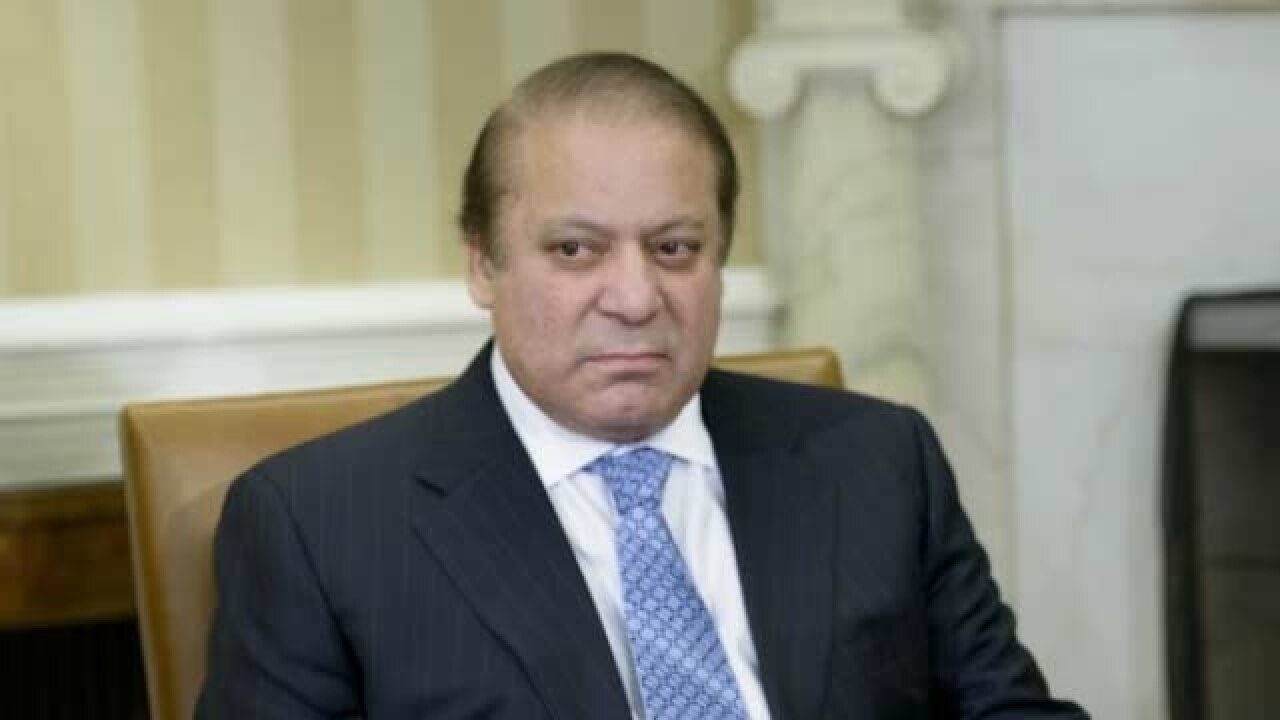
The terror attack at the Bacha Khan University in Charsadda, near Peshawar, on Wednesday in which 21 people were killed and 30 others were injured is a grim reminder of the fact that the militants in Pakistan are not willing to give up without a fight, and they are only too willing to unleash terrorism as part of their battle against the government. The Pakistani army has been waging a ruthless war against the Islamic and tribal militants in North and South Waziristan tribal belt.
The militants have once again picked up a soft target, a university. In December 2014, they had attacked the Army Public School in Peshawar, killing 150 children. What is surprising is that the targets in these two instances have been in the Khyber-Pakhtunkhwa, the former North-West Frontier Province (NWFP). It would appear that the extremists are expressing their opposition and hatred of western education, and they are literally threatening people with death and worse if they were to choose modernity.
The attack is a confirmation of Pakistan’s claim that it is as much a victim of terrorism as India. But the terrorists who pose a threat to Pakistan cannot be neatly slotted as mere Islamists. There is no doubt that conservative Muslims, especially the clerics, want to turn Pakistan into a puritanical Islamic country, and they are opposed to the modern nation-state, however flawed, that Pakistan is today. But this section has not taken to arms though it does indulge in terrorist rhetoric. The groups that have taken to the guns are not yet a formidable force. The real challenge to the Pakistan State comes from the tribal groups on Pakistan’s western borders, right from Baluchistan in the south-west of the country to Khyber-Pakhtoonkhwa in the north-west. The Pashtuns dominate the north-west and the Baloch are in control in the south-west. What Pakistan and its army are fighting in this area is tribal insurgency.
But the situation seems to be more complicated. The director-general of the Inter-Services Press Relations (ISPR), Lt General Asim Saleem Bajwa, has revealed that the handlers of the terrorists could be traced back to Afghanistan through the mobile phone records taken from the assailants, four of whom were killed in the encounter. Taken together with the fact that Tehrik-e-Taliban Pakistan (TTP) had denied that it was responsible for the attack after initially owning up to it makes it apparent that Pakistan is faced with terror threat from the Taliban Afghanistan. This raises the crucial question as to the relations between Pakistan army and the Taliban across the border. It is now a fact conceded by all, including Pakistan, that the Taliban is the creation of the Pakistani army. Pakistan is still trying hard to keep the Taliban in Afghanistan as an indispensable political player, much to the irritation and despair of the government in Kabul.
It would appear that modern Pakistan is caught between the two Taliban — one based in Afghanistan, and the other — the TTP — the homegrown one. The powers that be in Islamabad have to identify clearly the real culprits.
It is possible that both groups are targeting the country, and the army will have to fight on two fronts, internal as well as external. It would be necessary for the generals, strategists and politicians to identify the real terror groups and evolve an appropriate strategy to fight them. It seems that at the moment Pakistan is not clear as to who are the Islamic terrorists it is fighting, whether they are the ones at home, or the ones in Afghanistan.